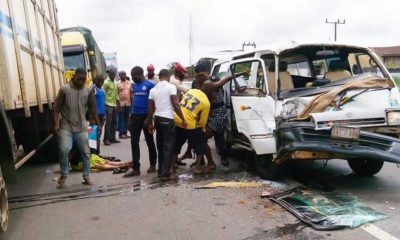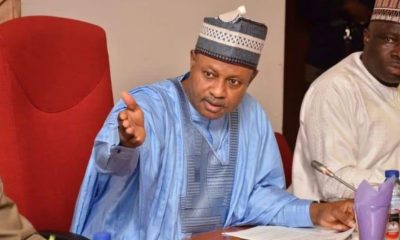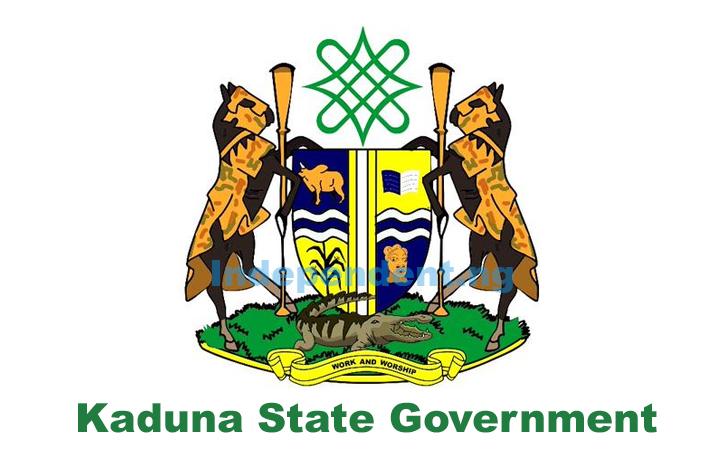The Kaduna State Governor, Nasiru El-Rufai on Wednesday said his administration would partner with the Sahara Group to develop the state’s agricultural potentials during his remarks when he received members of the Sahara group and the UN Sustainable Development Goals Fund (SDGs), who were in Kaduna to promote global best practice in agricultural development recently.
El-Rufai, who was represented by his Deputy, Mr Bala Bantex, said the partnership was important for effective implementation of the state’s agricultural programmes, adding that the target is to expose farmers best farming practices in crop and livestock production.
The governor said Investing in agriculture will go a long way in unlocking many opportunities and the state is willing to partner since it is of benefit to the state and the country at large.
Ibori to face another trial in London over asset confiscation
The Sahara Group Limited, Director, Mr Tomye Cole who was spoke earlier , said the group had trained over 150 youths in the state on new farming methods and agro-processing, adding that they have a farmland that has already been purchased by our foundation (Leventist Foundation).
Cole stressed that It is about teaching farmers the techniques of how to process and preserve produce to get a better value for their labour.
While the Director, Sustainable Development Goals Fund, Paloma Dupham said the Fund was working with the Sahara Group on the initiative.
NCC, MTN discord over fine embarrassing – Senate
He explained that the idea is to see how to have a transition from the Millennium Development Goals (MDGs) to SDGs which is being funded by Spain and two other countries, adding that the three areas that we have decided to work on are access to food and food security and access to water and sanitation.
Dupham further stressed that this is one of the agenda agreed during the UN General Assembly meeting to serve as a pilot scheme for the implementation, pointing out that the SDGs is trying to engage the different actors on the agenda, especially in Nigeria, Ethiopia, Ivory Coast, Sierra Leone and Tanzania, as the actors would include Civil Society Organisations, private universities and Faith Based Organizations.


 Entertainment6 days ago
Entertainment6 days ago
 Health1 week ago
Health1 week ago
 Health4 days ago
Health4 days ago
 Football1 week ago
Football1 week ago
 Football1 week ago
Football1 week ago
 Crime4 days ago
Crime4 days ago
 Education6 days ago
Education6 days ago
 Crime1 week ago
Crime1 week ago








